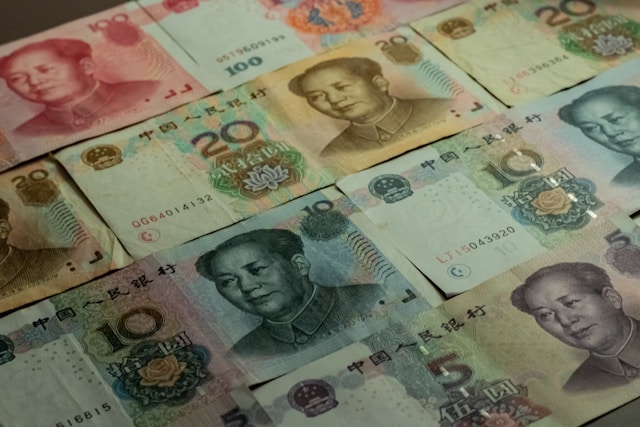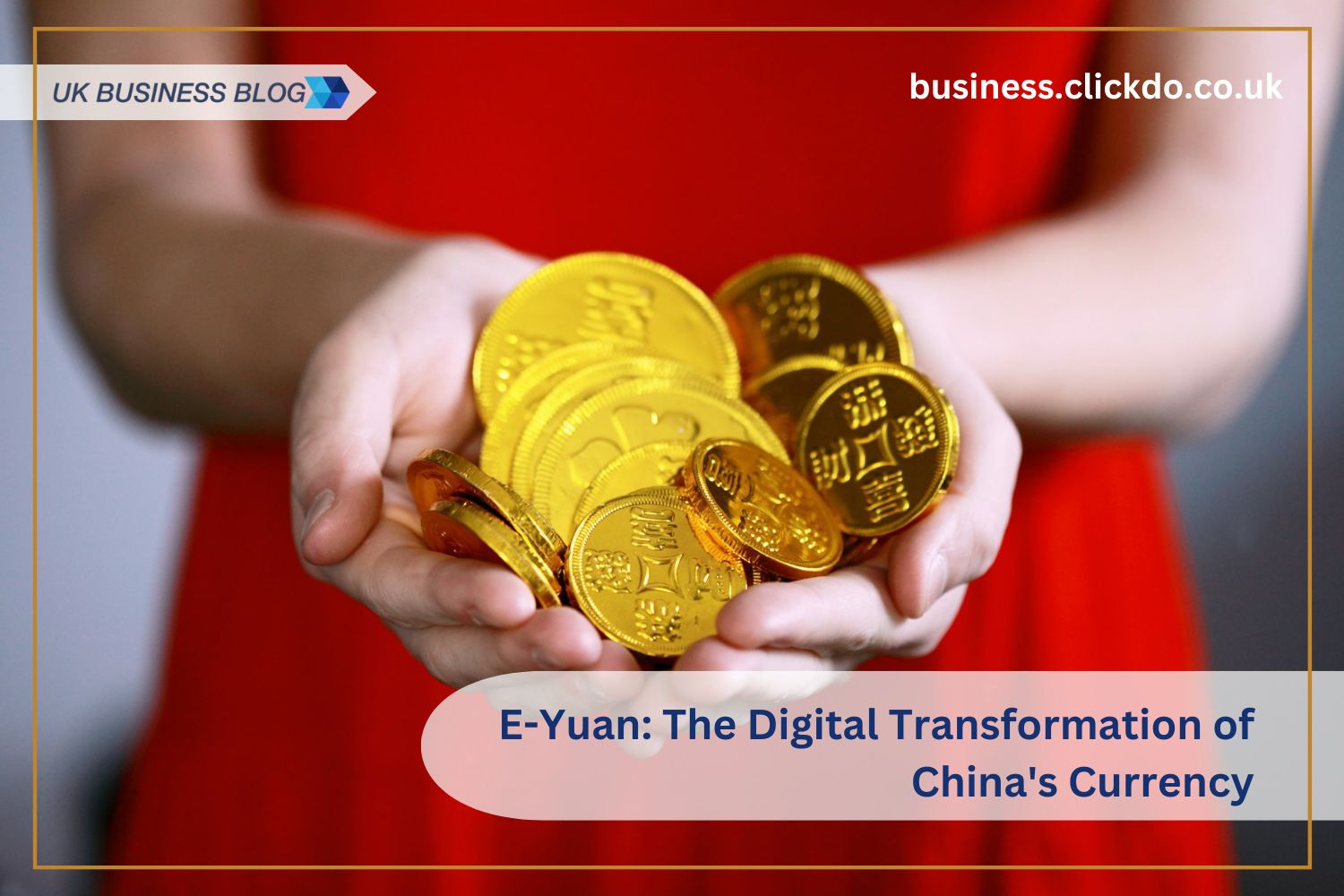Table of Contents
The introduction of the E-Yuan represents a significant milestone in the evolution of China’s currency. As one of the first major economies to develop a digital currency, China is at the forefront of financial innovation.
The E-Yuan, also known as the Digital Currency Electronic Payment (DCEP), is a digital version of the Chinese Yuan (CNY) that is issued and regulated by the People’s Bank of China (PBOC).
This article explores the development, implementation, and implications of the E-Yuan, shedding light on its impact on China’s financial system and the global economy. Yuan Pay Group has emerged as a leading player in the digital currency space, providing users with a secure and efficient way to manage their digital assets.
The Evolution of Money in China

China has a rich history of currency, dating back to the use of shells and metal coins in ancient times. The introduction of paper money during the Tang Dynasty (618-907 AD) marked a significant advancement in China’s monetary system. However, it was not until the establishment of the People’s Republic of China in 1949 that the modern Chinese Yuan was introduced.
In recent years, China has witnessed a rapid shift towards digital payments, driven by the widespread adoption of mobile payment platforms such as Alipay and WeChat Pay. These platforms have revolutionized the way people in China conduct transactions, leading to a cashless society in many urban areas.
Understanding the E-Yuan
The E-Yuan is a central bank digital currency (CBDC) that is designed to replace physical cash in circulation. Unlike cryptocurrencies such as Bitcoin, which operate on decentralized networks, the E-Yuan is centralized and issued by the PBOC. It is pegged to the value of the traditional Yuan, ensuring stability and trust in the digital currency.
One of the key benefits of the E-Yuan is its ability to reduce the cost of issuing and circulating physical currency. It also offers greater security and transparency, as all transactions are recorded on a blockchain-based ledger. However, the E-Yuan also raises concerns about privacy and surveillance, as the government can potentially track all transactions in real time.
Development and Implementation

The development of the E-Yuan began in 2014, with the PBOC conducting research and pilot programs to test the feasibility of a digital currency. In 2020, the PBOC launched pilot programs in several major cities, including Shenzhen, Suzhou, Chengdu, and Xiongan. These pilot programs allowed residents to use the E-Yuan for various transactions, such as shopping and public transportation.
The PBOC has announced plans to gradually expand the use of the E-Yuan nationwide, to replace physical cash in circulation. It has also expressed interest in exploring cross-border use cases for the E-Yuan, potentially challenging the dominance of the US dollar in international trade.
Impact on the Financial System
The introduction of the E-Yuan is expected to have a significant impact on China’s financial system. It could lead to greater financial inclusion, as digital currencies are more accessible to people who do not have access to traditional banking services. It could also reduce the risk of fraud and counterfeiting, as all transactions are recorded on a secure ledger.
However, the E-Yuan also poses challenges for banks and financial institutions. It could reduce the need for intermediaries in financial transactions, potentially disrupting the traditional banking model. It could also have implications for monetary policy, as the PBOC would have greater visibility and control over the money supply.
Regulatory Environment

China has taken a proactive approach to regulating digital currencies, with the PBOC issuing guidelines and regulations to ensure the safe and efficient use of the E-Yuan. These regulations include strict KYC (Know Your Customer) and AML (Anti-Money Laundering) requirements, as well as limits on the number of E-Yuan that can be exchanged for traditional currency.
Compared to other countries, China’s regulatory framework for digital currencies is relatively stringent. This has raised concerns among some experts about the potential for abuse and surveillance by the government. However, others argue that these regulations are necessary to ensure the stability and integrity of the financial system.
Future Outlook
The future of the E-Yuan is still uncertain, as its widespread adoption depends on a variety of factors. These include regulatory approval, technological advancements, and consumer acceptance. However, if successful, the E-Yuan could pave the way for other countries to develop their digital currencies, leading to a more interconnected and efficient global financial system.
Conclusion
In conclusion, the E-Yuan represents a significant step forward in the digitization of China’s currency. While it poses challenges and uncertainties, it also offers opportunities for financial innovation and inclusion. As China continues to develop its digital economy, the E-Yuan is likely to play a central role in shaping the future of money in China and beyond.
Author Profile
- Blogger and Educator by Passion | Senior Online Media & PR Strategist at ClickDo Ltd. | Contributor to many Education, Business & Lifestyle Blogs in the United Kingdom & Germany | Summer Course Student at the London School of Journalism and Course Instructor at the SeekaHost University.
Latest entries
 BusinessFebruary 1, 2026Why Modern Warehouse Management is the Secret to UK Retail Growth
BusinessFebruary 1, 2026Why Modern Warehouse Management is the Secret to UK Retail Growth BusinessDecember 2, 2025How to Build an Effective Progression Plan in Your Company
BusinessDecember 2, 2025How to Build an Effective Progression Plan in Your Company BusinessOctober 24, 2025Legionella Risk Assessment: 5 Things Every Entrepreneur Needs to Know
BusinessOctober 24, 2025Legionella Risk Assessment: 5 Things Every Entrepreneur Needs to Know EmploymentSeptember 2, 2025Why Motorbike Accident Staff Claims are a Growing Business Risk
EmploymentSeptember 2, 2025Why Motorbike Accident Staff Claims are a Growing Business Risk





